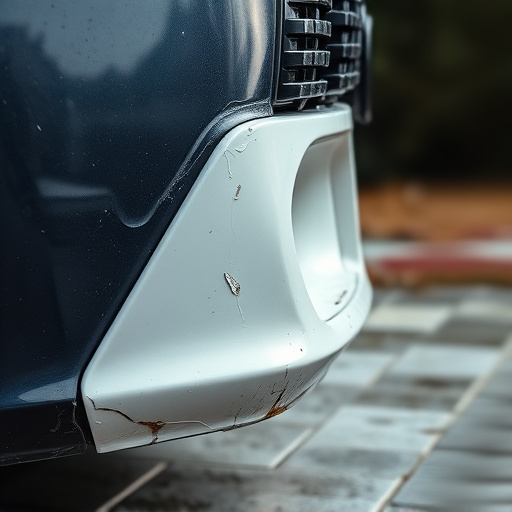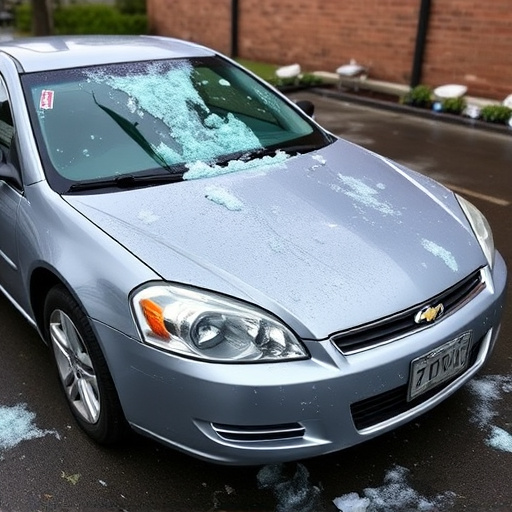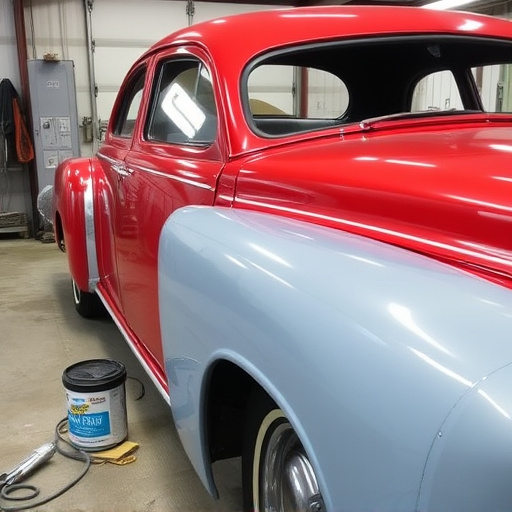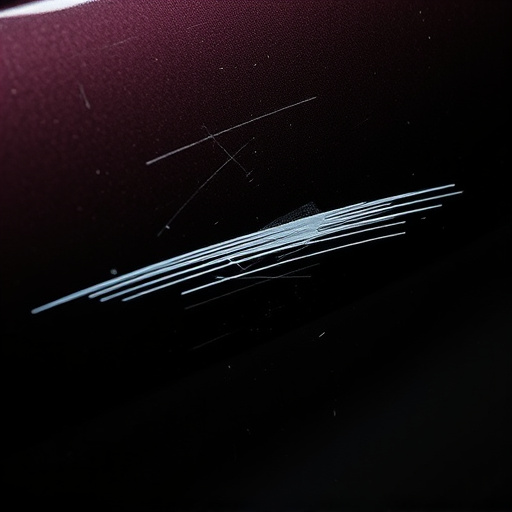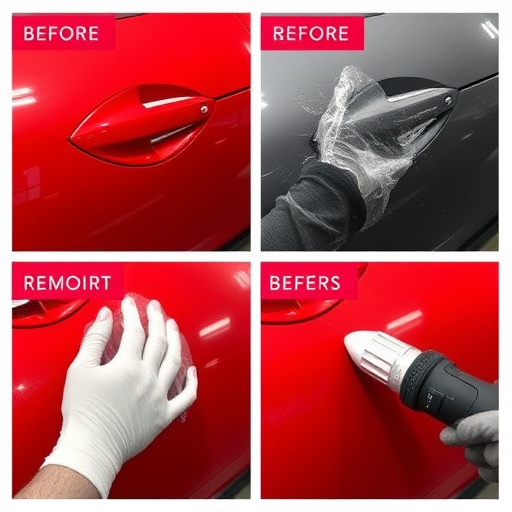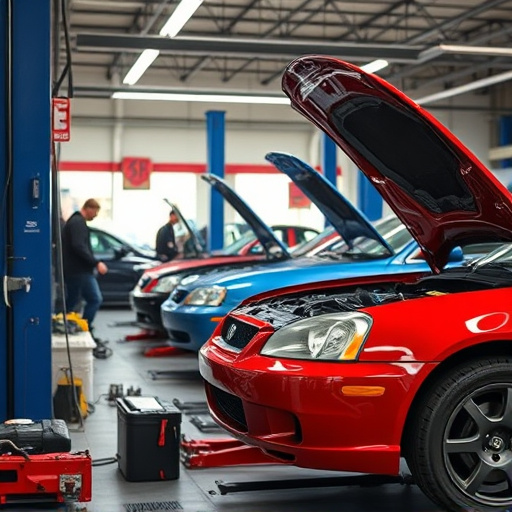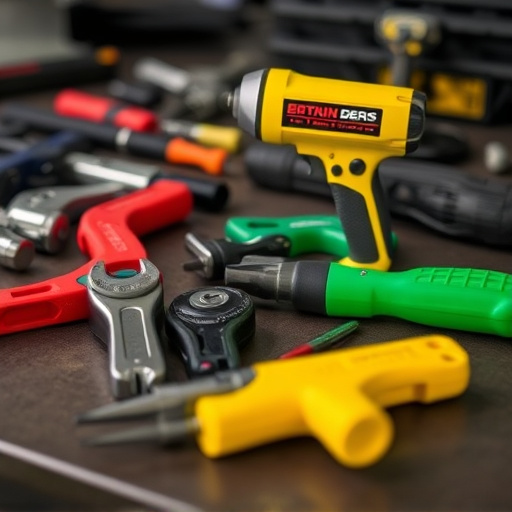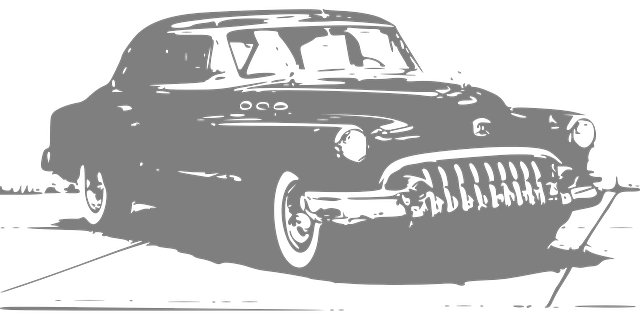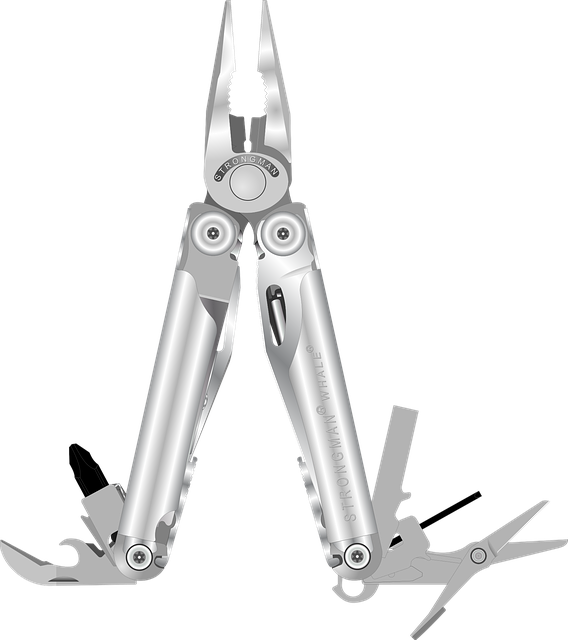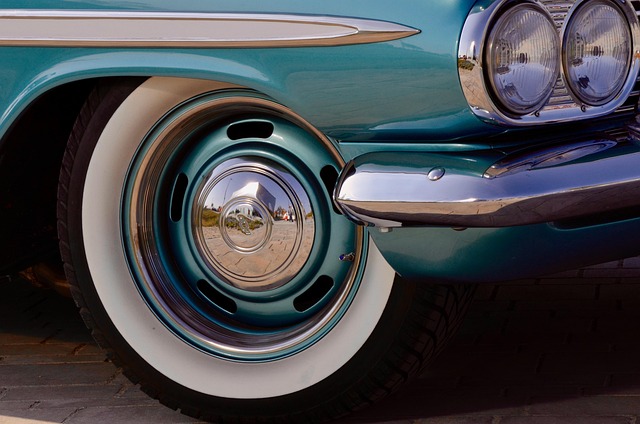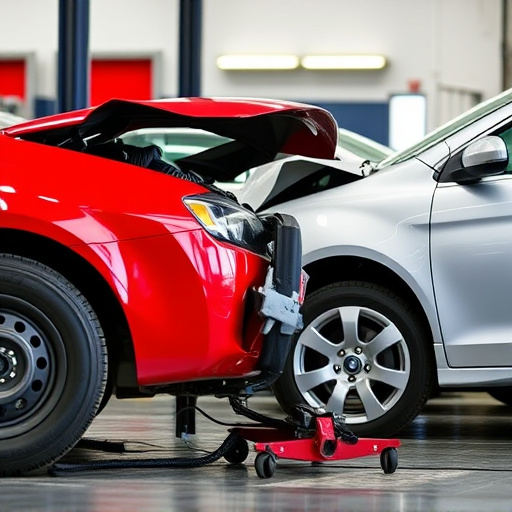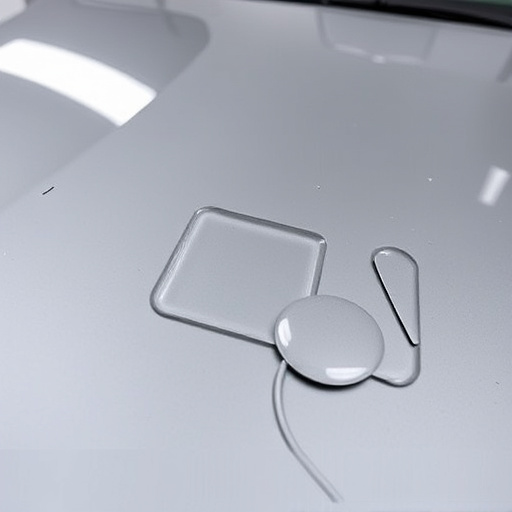Post-repair inspections by accident repair specialists are vital for ensuring top vehicle restoration standards. Their expert eyes detect subtle issues from structural integrity to paint quality and collision repair accuracy, building client trust in their top-tier work. Adhering to best practices, utilizing advanced tools, and regular training on industry standards enable these specialists to guarantee high workmanship, maintain client satisfaction, and optimize post-repair assessments for optimal vehicle condition.
Post-repair inspections are a vital step in ensuring vehicle quality and safety, especially after work by accident repair specialists. This comprehensive guide delves into the significance of these inspections, highlighting why they’re crucial for maintaining high standards. We explore the role of accident repair specialists in meticulous inspection procedures, unraveling the benefits and best practices for effective post-repair assessments. By understanding these processes, car owners can rest assured their vehicles are in top condition.
- Understanding Post-Repair Inspections: Why They're Crucial
- The Role of Accident Repair Specialists in Inspection Procedures
- Benefits and Best Practices for Effective Post-Repair Assessments
Understanding Post-Repair Inspections: Why They're Crucial
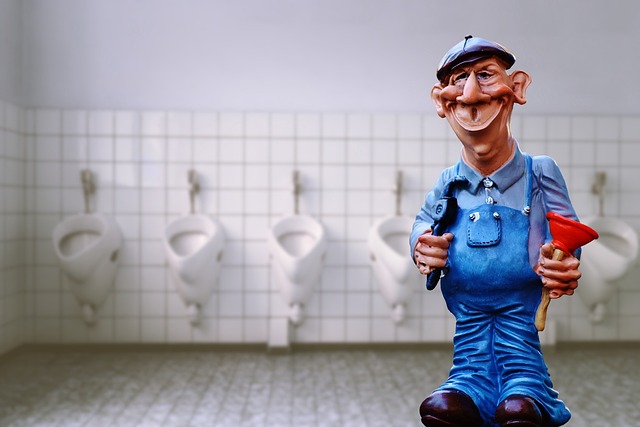
Post-repair inspections play a pivotal role in the process of accident repair specialists. These thorough checks ensure that every repair made is up to par and meets the highest standards. By examining each vehicle meticulously, specialists can identify any potential issues or discrepancies that may have gone unnoticed during the initial repair phase. This step is particularly crucial for ensuring customer satisfaction and safety on the road.
Accident repair specialists are trained to spot even the subtlest defects in both structural integrity and cosmetic aspects of a vehicle body shop. From ensuring proper alignment and paint job quality to verifying the functionality of auto glass repair and collision repair services, these inspections safeguard the vehicle’s overall condition. This meticulous process not only guarantees the best possible outcome but also fosters trust between the specialist and the client, demonstrating the commitment to delivering high-quality work in every vehicle body shop they serve.
The Role of Accident Repair Specialists in Inspection Procedures

Accident repair specialists play a pivotal role in ensuring the safety and quality of vehicles post-repair. They are not just experts in car body repair but also trained inspectors who meticulously assess every aspect of a vehicle after restoration work is completed. Their primary responsibility during inspection procedures is to verify that all repairs align with industry standards and customer expectations.
These specialists employ advanced techniques and tools to detect even the slightest discrepancies, focusing on both structural integrity and aesthetic precision. They examine panels, joints, welds, and finishes in the collision center to ensure they meet the highest standards of auto collision repair. This meticulous process not only guarantees the vehicle’s safety but also provides peace of mind to the owner, knowing their car is in capable hands.
Benefits and Best Practices for Effective Post-Repair Assessments
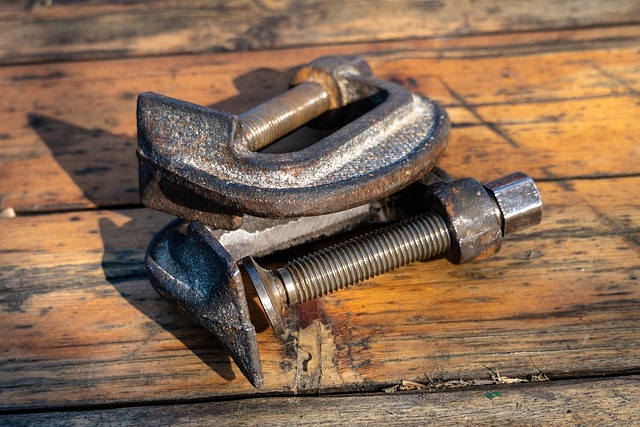
Post-repair assessments by accident repair specialists are crucial for ensuring top-quality workmanship and customer satisfaction. These inspections offer several benefits, including identifying any potential issues early on, confirming that repairs align with industry standards, and providing a record of the vehicle’s condition before and after the work is completed. By thoroughly examining the vehicle bodywork, paint job, and overall aesthetics, specialists can guarantee that car paint services meet expectations and that any dents or damage have been effectively repaired.
To maximize the effectiveness of these assessments, accident repair specialists should follow best practices. This includes documenting each step of the repair process, using high-quality tools for inspection, and comparing the final results with initial assessments. Additionally, maintaining open communication with clients throughout the process ensures their concerns are addressed and expectations met. Regular training on industry standards and advancements in vehicle dent repair techniques also contributes to consistently delivering excellent post-repair outcomes.
Post-repair inspections by accident repair specialists are a vital process, ensuring vehicles are safely returned to the road. By thoroughly assessing repairs, these professionals guarantee not only the vehicle’s structural integrity but also its overall performance and safety. This meticulous practice is key to maintaining high standards in the automotive industry, providing peace of mind for customers and fostering trust in accident repair services.

